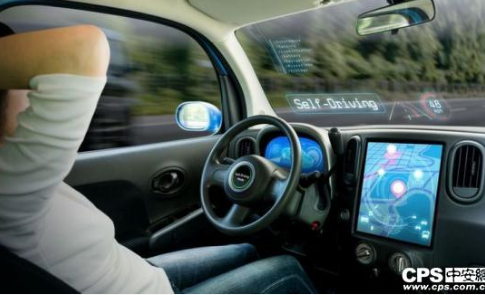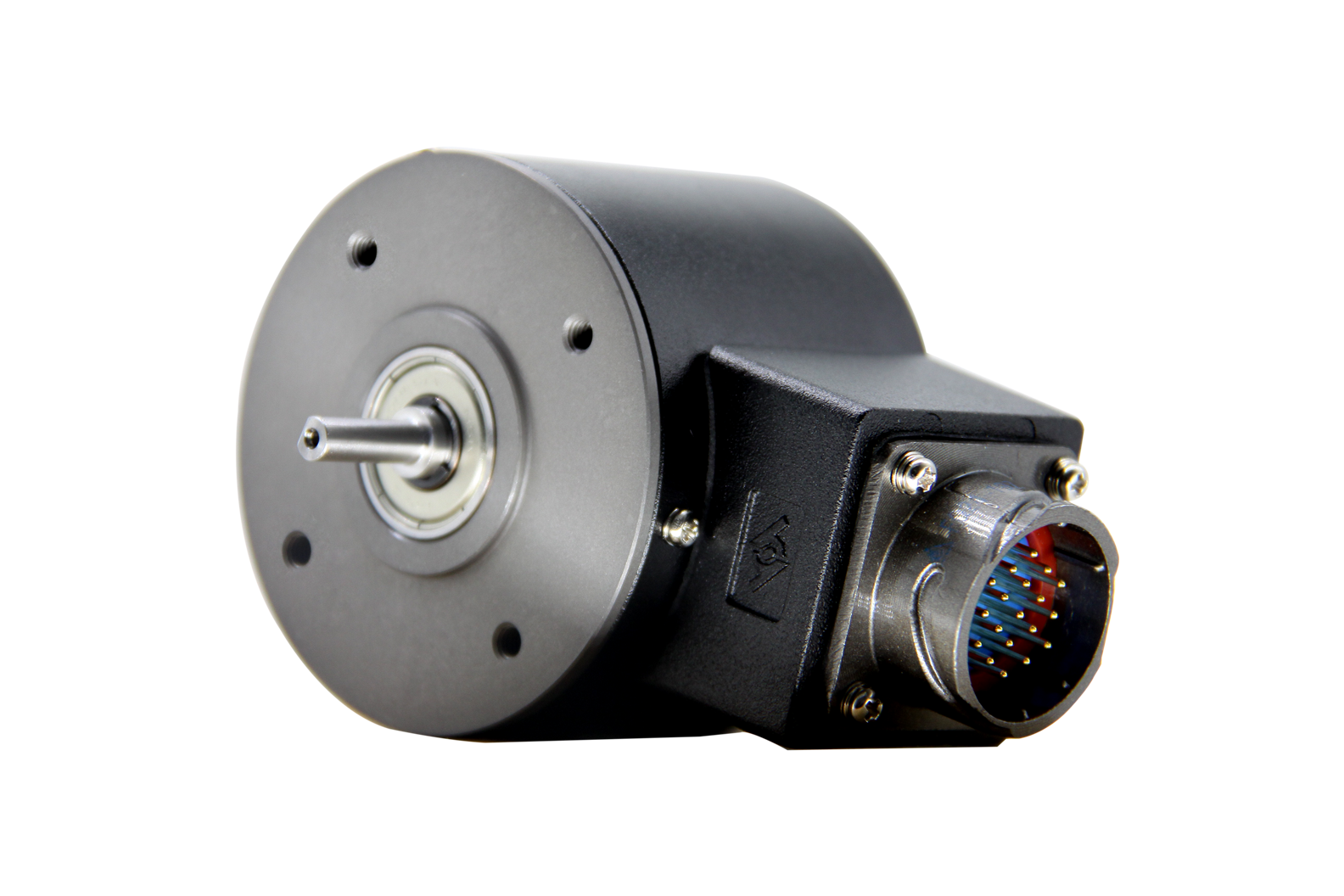In recent years, with the development of information technologies such as artificial intelligence and the Internet of Things, the upsurge of autonomous driving has increased. At present, the presence of technology Internet companies in the field of self-driving cars is becoming stronger. Google and Apple in the United States, China's BAT Big Three, and Russia's Yandex are among the best.

As one of the three leading technology Internet companies in China, BAT has always had a competitive relationship. Today, in the field of autonomous driving, Baidu has become a well-deserved leader among the BAT Big Three, although its market value is no longer at the same level as Ali and Tencent. Alibaba and Tencent are more "cautious" in their investment in autonomous vehicles, and their development speed is far lower than that of Baidu.
As we all know, road testing is an important link before autonomous vehicles enter the commercial market. In December 2017, Beijing took the lead in promulgating my country's first autonomous vehicle road test regulations. In March of this year, the first batch of road test licenses were officially issued. Baidu was listed on the list and received 5 T3 licenses. In addition to Beijing, Baidu has successively obtained road test licenses from Fujian and Chongqing.
Compared with Baidu, Tencent has just obtained the Beijing Autopilot Road Test License a few days ago, and together with Didi, it has become a new batch of companies to obtain the license; In addition, Ali also only got the first autopilot road test in Hangzhou earlier. license. In this way, BAT once again gathered in the field of self-driving car testing, but Baidu's leading advantage has been quite obvious.
In addition to the time to obtain a road test license, the number of self-driving cars put into the test is also an important reference indicator. It is reported that Baidu has reached 25 autonomous driving test vehicles, far exceeding other companies that have only one or two test vehicles. It should be understood that the more vehicles means the more key data is obtained, and the faster the technological R&D and development process will be. Moreover, the number of autonomous driving test vehicles also reflects to a certain extent the company's level of investment and emphasis in the field of autonomous driving.
Baidu is also in a leading position in terms of autonomous driving results. In April 2017, Baidu launched the "Apollo" self-driving technology platform; in July 2018, the L4 self-driving bus jointly built by Baidu and King Long also officially rolled off the production line in Xiamen, Fujian. Of course, Baidu's positiveness does not mean that Alibaba and Tencent are not enthusiastic about autonomous driving. In fact, in November 2017, Tencent's Autopilot Laboratory publicly disclosed the progress of autonomous driving for the first time; in April 2018, Ali also officially announced the development of L4 level autonomous driving technology.
From the perspective of development path and development characteristics, BAT can be said to have its own merits. In terms of development path, Baidu and Tencent are following the mainstream bicycle intelligence, that is, focusing on the research and development of autonomous vehicles, while Ali chose collaborative intelligence, that is, through the addition of traffic intelligence facilities to help realize autonomous driving; in terms of development characteristics, Baidu should do For "Android" in the field of autonomous driving, Tencent relies on capital and is willing to invest, while Ali chooses to integrate the industrial ecology and take the road of collaboration.
So, with the strong participation of BAT, when can autonomous vehicles land in China?
Commercialization is especially waiting for the timeAlthough Baidu, Alibaba, and Tencent have been vigorously promoted by the three major technology Internet giants, and many start-ups have entered the market one after another, there are still many challenges to overcome in order to achieve large-scale commercial use of autonomous vehicles in my country.
First of all, the level of development of autonomous driving technology is still dominated by the L3 level, which requires the collaborative control of humans and artificial intelligence systems. There is still a long way to go from the L5 level of fully autonomous driving. In addition, autonomous driving technology is basically still in the testing stage, and its maturity needs to be improved.
Secondly, although my country has already promulgated autonomous driving road test regulations, this is only a small part of the autonomous driving legal system. In order for autonomous vehicles to be commercialized, it is necessary to continue to promote the adjustment and improvement of existing traffic laws, insurance laws and other related laws, and to formulate special autonomous driving regulations, ethical standards, and industry standards.
Finally, whether it is in my country or other countries, the road traffic system is established based on the existing traffic system, which is difficult to meet the needs of large-scale autonomous vehicles on the road. Therefore, before the commercialization of autonomous vehicles, it is necessary to build and improve transportation facilities and management systems, so as to provide a solid guarantee for them.
According to the "Medium and Long-term Development Plan for the Automobile Industry" issued by the Ministry of Industry and Information Technology, fully autonomous vehicles will begin to enter the Chinese market in 2025. In the next six or seven years, as long as the above-mentioned challenges can be overcome and a breakthrough can be found in the two major scenarios of trucks and taxis, it is not impossible to realize the commercialization of autonomous vehicles.
Rotary encoders are used as sensors for angle,position,speed and acceleration. We can offer incremental encoders and absolute encoders.

Absolute Encoder,Custom Encoder On Motor,Custom Optical Encoders,High Resolution Encoder
Yuheng Optics Co., Ltd.(Changchun) , https://www.yhenoptics.com